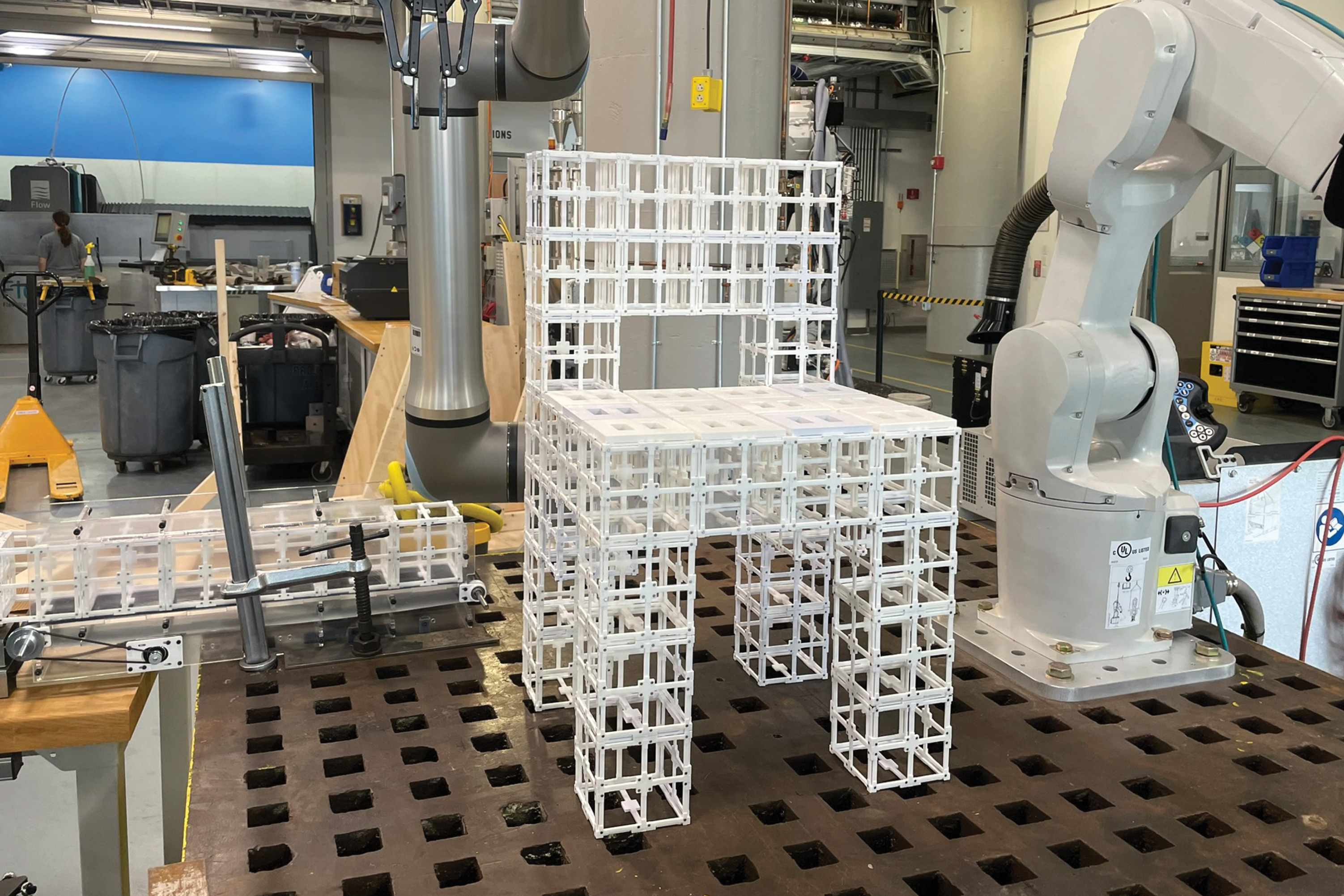Introduction to AI and Data
As companies rush to implement Artificial Intelligence (AI), many are finding that the success of their projects depends directly on the quality of their data. This dependency is causing many ambitious initiatives to stall, never making it beyond the experimental proof-of-concept stage.
The Importance of Data Strategy
According to Martin Frederik, regional leader for the Netherlands, Belgium, and Luxembourg at data cloud giant Snowflake, “There’s no AI strategy without a data strategy.” AI apps, agents, and models are only as effective as the data they’re built on, and without unified, well-governed data infrastructure, even the most advanced models can fall short.
Improving Data Quality
Improving data quality is key to AI project success. It’s a familiar story for many organisations: a promising proof-of-concept impresses the team but never translates into a tool that makes the company money. According to Frederik, this often happens because leaders treat the technology as the end goal. “AI is not the destination – it’s the vehicle to achieving your business goals,” Frederik advises.
Common Culprits
When projects get stuck, it’s usually down to a few common culprits: the project isn’t truly aligned with what the business needs, teams aren’t talking to each other, or the data is a mess. It’s easy to get disheartened by statistics suggesting that 80% of AI projects don’t reach production, but Frederik offers a different perspective. This isn’t necessarily a failure, he suggests, but “part of the maturation process.”
The Role of People in AI Strategy
Even with the best technology, an AI strategy can fall flat if the company culture isn’t ready for it. One of the biggest challenges is getting data into the hands of everyone who needs it, not just a select few data scientists. To make AI work at scale, you have to build strong foundations in your “people, processes, and technology.” This means breaking down the walls between departments and making quality data and AI tools accessible to everyone.
Goal-Directed Autonomy
The true breakthrough we’re seeing now is the emergence of AI agents that can understand and reason over all kinds of data at once regardless of structure quality. Considering that this unstructured data makes up 80-90% of a typical company’s data, this is a huge step forward. New tools are enabling staff, no matter their technical skill level, to simply ask complex questions in plain English and get answers directly from the data. Frederik explains that this is a move towards what he calls “goal-directed autonomy.” Until now, AI has been a helpful assistant you had to constantly direct.
The Future of AI
The next generation of AI is different. You can give an agent a complex goal, and it will figure out the necessary steps on its own, from writing code to pulling in information from other apps to deliver a complete answer. This will automate the most time-consuming parts of a data scientist’s job, like “tedious data cleaning” and “repetitive model tuning.” The result? It frees up your brightest minds to focus on what really matters. This elevates your people “from practitioner to strategist” and allows them to drive real value for the business.
Conclusion
In conclusion, the key to turning AI experiments into real revenue generators is having a secure, governed, and centralized platform for your data from the very beginning. With the right governance, AI becomes a shared resource rather than a siloed tool. When everyone works from a single source of truth, teams can stop arguing about whose numbers are correct and start making faster and smarter decisions together.
FAQs
Q: What is the most important factor in determining the success of an AI project?
A: The quality of the data is the most important factor in determining the success of an AI project.
Q: Why do many AI projects fail to reach production?
A: Many AI projects fail to reach production because they are not truly aligned with what the business needs, teams aren’t talking to each other, or the data is a mess.
Q: What is goal-directed autonomy in AI?
A: Goal-directed autonomy in AI refers to the ability of AI agents to understand and reason over all kinds of data at once, regardless of structure quality, and to figure out the necessary steps to achieve a complex goal on their own.
Q: How can companies make AI work at scale?
A: Companies can make AI work at scale by building strong foundations in their people, processes, and technology, and by making quality data and AI tools accessible to everyone.











